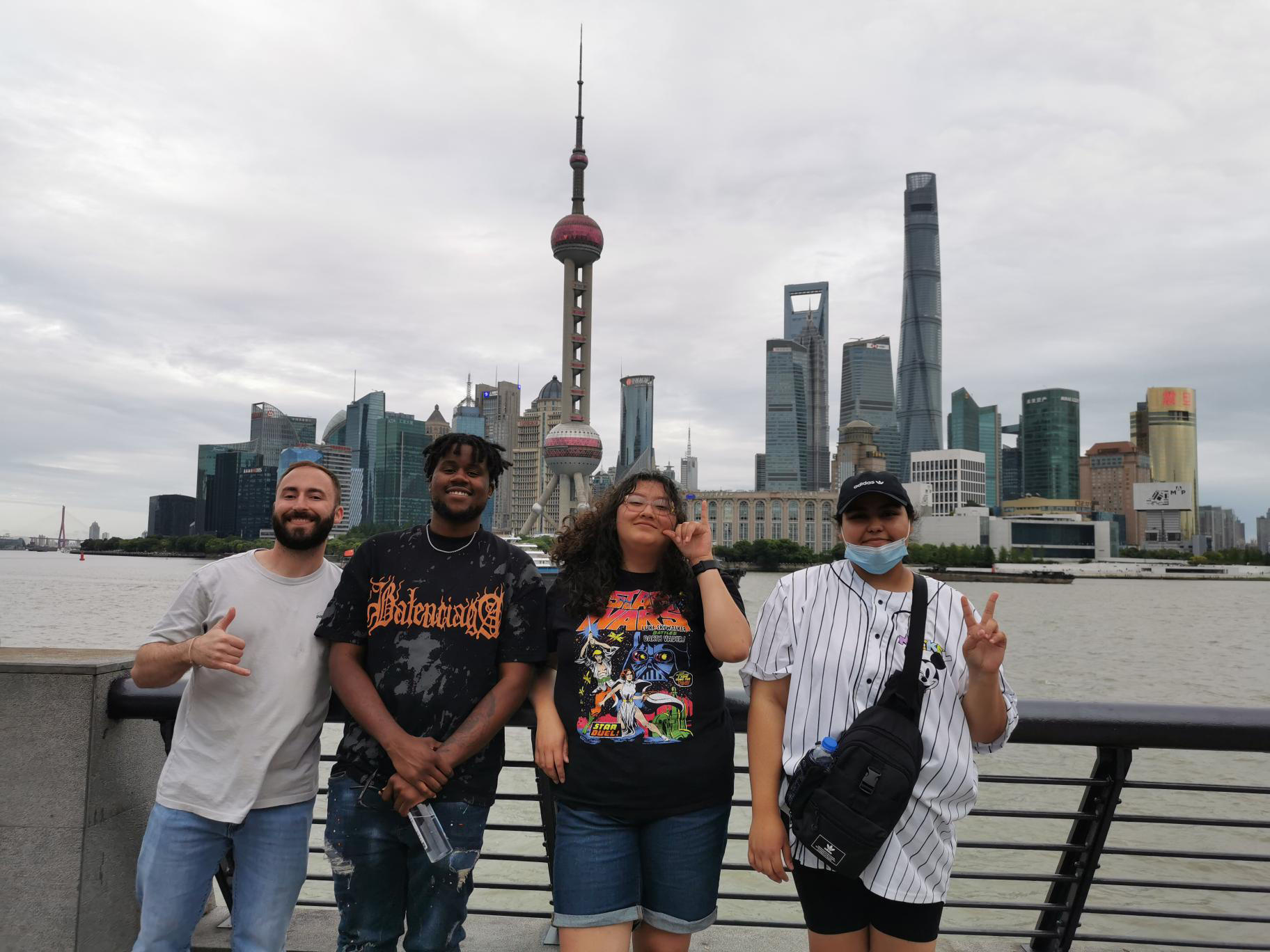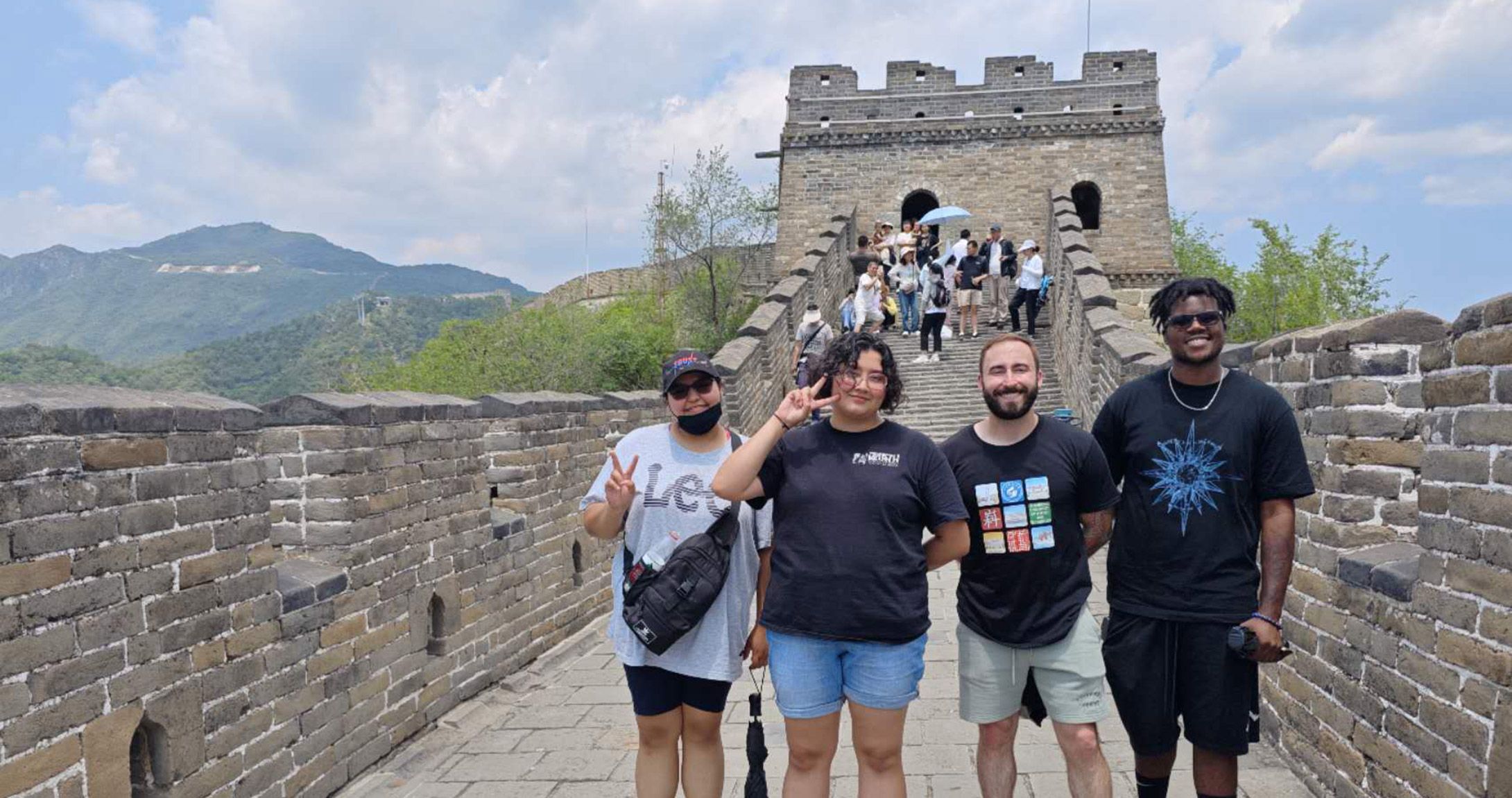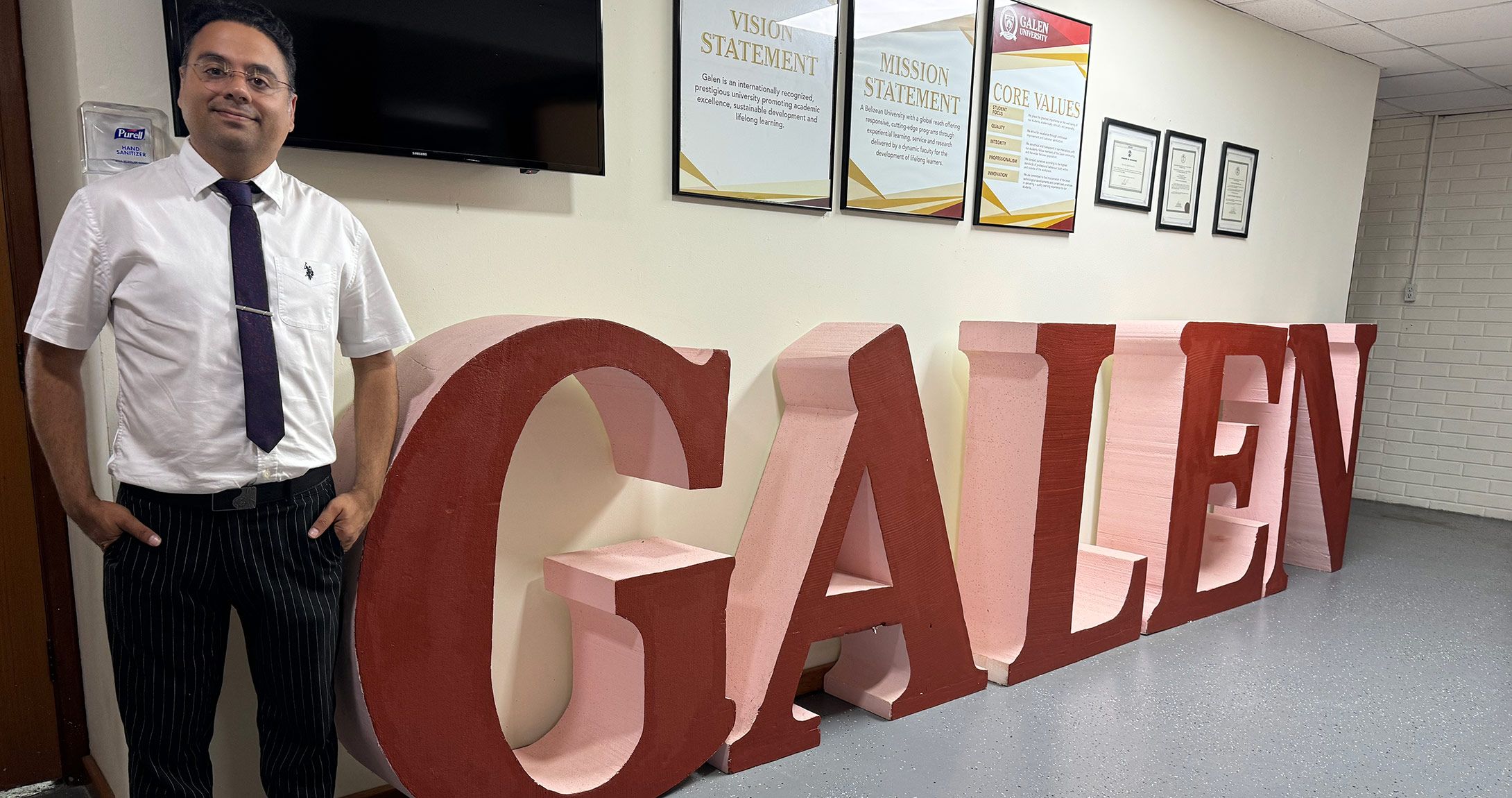“The connections I made with people from around the world—Malaysia, Ethiopia, Morocco—were invaluable."
The University of Texas Permian Basin (UTPB) celebrates the success of its students in the 2024 cohort of the National Science Foundation’s International Research Experience for Students (NSF IRES) program. Running from 2024 to 2026, the program offers upper-level STEM undergraduates the chance to engage in cutting-edge research at Shandong University of Science and Technology (SDUST) in Qingdao, China.
 This year’s UTPB cohort worked on projects focused on high-efficiency materials for energy storage and conversion, gaining hands-on experience in methane and CO2 reforming, hydrogen sulfide decomposition, and lithium-ion battery design. The eight-week program prepares students for international research, equipping them with advanced science and engineering skills and fostering cross-cultural communication.
This year’s UTPB cohort worked on projects focused on high-efficiency materials for energy storage and conversion, gaining hands-on experience in methane and CO2 reforming, hydrogen sulfide decomposition, and lithium-ion battery design. The eight-week program prepares students for international research, equipping them with advanced science and engineering skills and fostering cross-cultural communication.
Chase Rheinlander, a 2024 IRES participant, called his experience in China transformative.
“The connections I made with people from around the world—Malaysia, Ethiopia, Morocco—were invaluable. Working with my Chinese colleagues helped me grow both personally and professionally,” Rheinlander shared.
 This year’s UTPB cohort worked on projects focused on high-efficiency materials for energy storage and conversion, gaining hands-on experience in methane and CO2 reforming, hydrogen sulfide decomposition, and lithium-ion battery design. The eight-week program prepares students for international research, equipping them with advanced science and engineering skills and fostering cross-cultural communication.
This year’s UTPB cohort worked on projects focused on high-efficiency materials for energy storage and conversion, gaining hands-on experience in methane and CO2 reforming, hydrogen sulfide decomposition, and lithium-ion battery design. The eight-week program prepares students for international research, equipping them with advanced science and engineering skills and fostering cross-cultural communication. Chase Rheinlander, a 2024 IRES participant, called his experience in China transformative.
“The connections I made with people from around the world—Malaysia, Ethiopia, Morocco—were invaluable. Working with my Chinese colleagues helped me grow both personally and professionally,” Rheinlander shared.
Beyond research, the program emphasizes cultural exchange. Students work in diverse professional environments, attend symposia, and visit industry sites. They also present their findings at conferences and contribute to joint publications.
“Our students return with not only technical skills but also a global perspective that will serve them well in their future careers,” said Dr. Chao Dong, UTPB’s faculty lead for the program.
The NSF IRES program is now accepting applications for the next cohort, which starts in June 2025. U.S. citizens and permanent residents with a GPA of 3.0 or higher are encouraged to apply. Selected students receive full financial support, including stipends and travel expenses.
The application deadline is October 10, 2024. For more details, visit the UTPB NSF IRES program in China webpage. To apply, visit the UTPB NSF IRES application webpage.
“Our students return with not only technical skills but also a global perspective that will serve them well in their future careers,” said Dr. Chao Dong, UTPB’s faculty lead for the program.

The NSF IRES program is now accepting applications for the next cohort, which starts in June 2025. U.S. citizens and permanent residents with a GPA of 3.0 or higher are encouraged to apply. Selected students receive full financial support, including stipends and travel expenses.
The application deadline is October 10, 2024. For more details, visit the UTPB NSF IRES program in China webpage. To apply, visit the UTPB NSF IRES application webpage.


